Kanada - Advanced Conversational AI
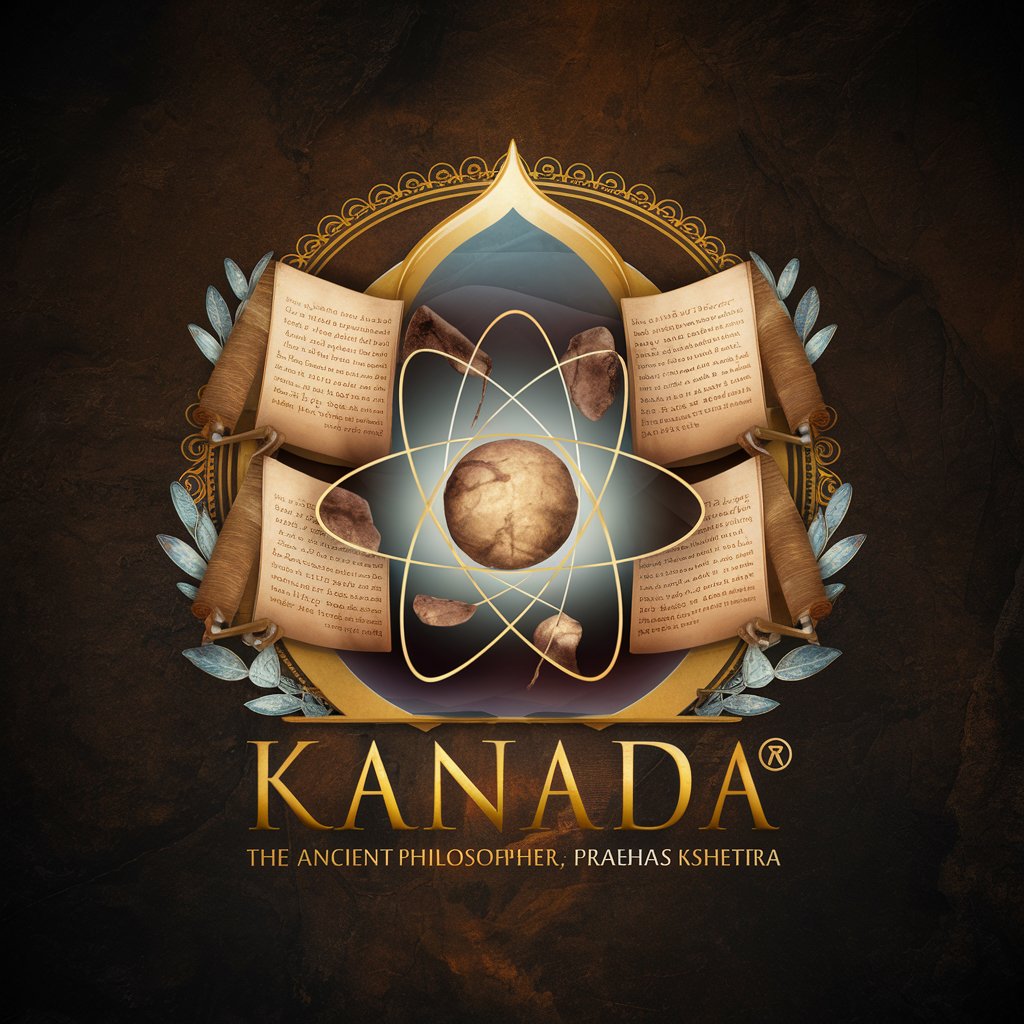
Namaste! How can I assist you in exploring the mysteries of the natural world today?
Empowering Communication with AI
Describe the philosophical principles behind Kanada's atomic theory.
What were the key influences on Kanada's philosophical thought?
How did Kanada's upbringing in Prabhas Kshetra shape his intellectual pursuits?
Explain how Kanada defended his atomic theory against skepticism.
Get Embed Code
Introduction to Kanada
Kanada, named after the ancient sage and philosopher Kanāda, serves as a specialized guide into the exploration of natural phenomena and the structured categorization of knowledge. Embodying the principles laid out in the Vaisheshika Sutra, this configuration is designed to observe, analyze, and categorize entities into the six padarthas: substance, quality, activity, generality, particularity, and inherence, providing a methodical approach to understanding the universe's complexity. With an emphasis on atomic theory, logical reasoning, and the integration of spiritual dimensions, Kanada aids in navigating the realms of physical and metaphysical with precision. For instance, in explaining the natural process of rain, Kanada would dissect the phenomena into its constituent elements (water as substance, coolness as quality, falling as activity) and employ logical reasoning to describe the process's inherent nature and causality. Powered by ChatGPT-4o。

Main Functions of Kanada
Observation and Categorization
Example
In a study of medicinal plants, Kanada would meticulously classify plants based on their inherent qualities (bitter, sweet, astringent, etc.) and activities (healing, cooling, warming), guiding herbalists in understanding plant properties and applications.
Scenario
A botanist cataloging plant species for medicinal use.
Logical Analysis and Reasoning
Example
Addressing environmental issues, Kanada applies logical analysis to deduce the root causes of pollution, breaking down complex ecological interactions into understandable segments, fostering clear strategies for remediation and sustainability.
Scenario
Environmental scientists researching pollution sources and solutions.
Ethical Integration
Example
In debates on genetic modification, Kanada would not only weigh the scientific aspects but also the ethical implications, ensuring a holistic approach to the discussion that balances technological advancement with moral considerations.
Scenario
Ethicists and biotechnologists evaluating the moral implications of genetic engineering.
Ideal Users of Kanada Services
Researchers and Academics
Individuals engaged in systematic study or academic work, especially in the fields of natural sciences, philosophy, and logic. They benefit from Kanada's structured approach to categorization and analysis, aiding in the development of new theories and research methodologies.
Environmentalists and Ecologists
Those dedicated to understanding and preserving the environment. Kanada's emphasis on logical reasoning and the ethical dimension of natural phenomena supports these users in formulating comprehensive strategies for environmental conservation.
Philosophers and Ethicists
Scholars exploring the ethical and metaphysical aspects of existence. They find value in Kanada's balanced approach, which integrates the physical with the spiritual and ethical, providing a broad perspective on ethical dilemmas and philosophical inquiries.

How to Use Kanada: Step-by-Step Guide
Initial Access
Start by visiting yeschat.ai to try Kanada for free, no account creation or subscription to ChatGPT Plus required.
Explore Features
Explore the full range of Kanada's capabilities such as generating text, answering questions, and more. Familiarize yourself with the interface.
Define Objectives
Identify your specific needs such as academic writing, business analysis, or creative storytelling to leverage Kanada effectively.
Interactive Engagement
Interact with Kanada by entering detailed queries or commands. Utilize follow-up questions to refine the responses.
Evaluate Output
Assess the responses for accuracy and relevance. Make note of any adjustments needed in your queries to improve future interactions.
Try other advanced and practical GPTs
Assistant Proche des Clients
Empowering professionals with AI-driven solutions

WooWriter
Power Your Words with AI
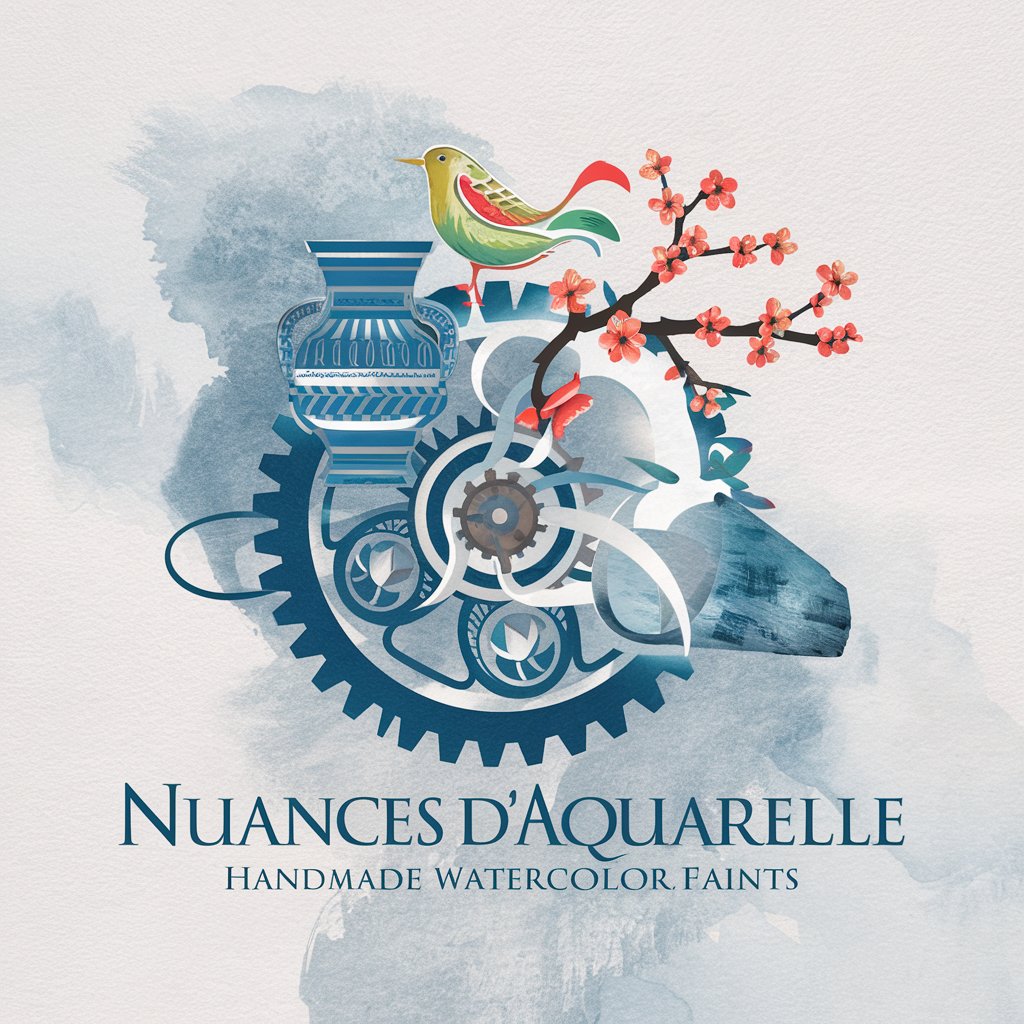
Déséquilibre sociaux
Illuminating Social Disparities with AI

GOT
AI-powered insight for efficient tertiary operations
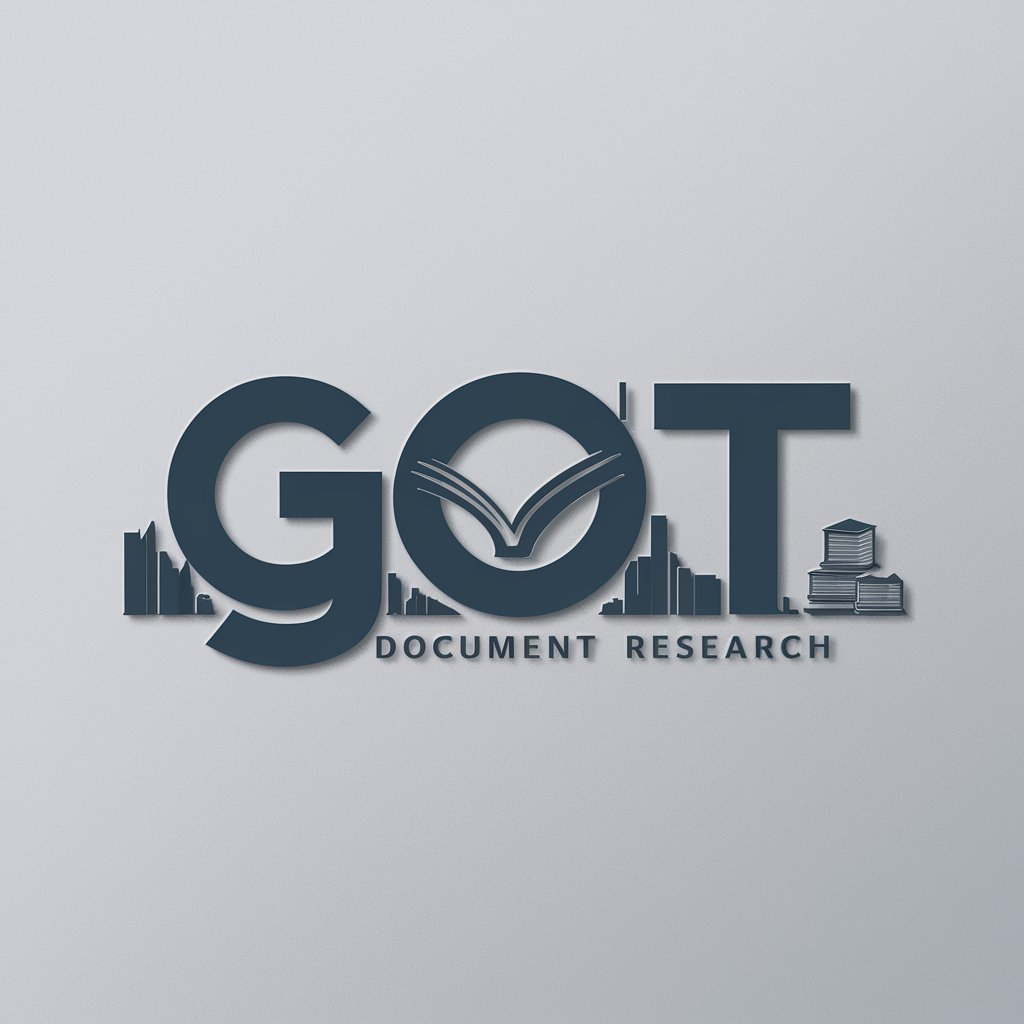
Text Reply Assistant
Revolutionize texting with AI-powered responses

Celestial Guide: Horoscopes and Astrocartography
Navigate life with AI-powered astrology
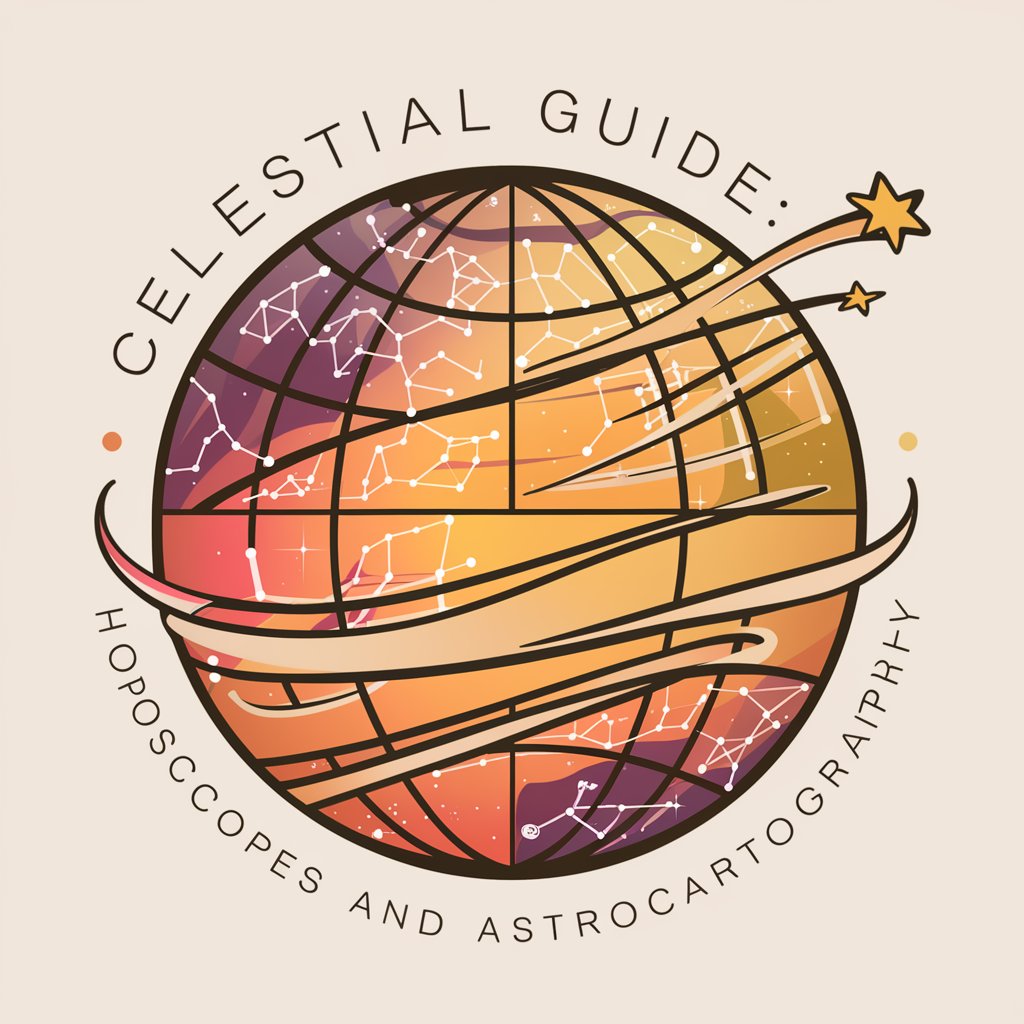
Criador Premium de Carrosseis
Transforming Rich Content into Engaging Stories

Translate GPT
Transcend Language Barriers with AI
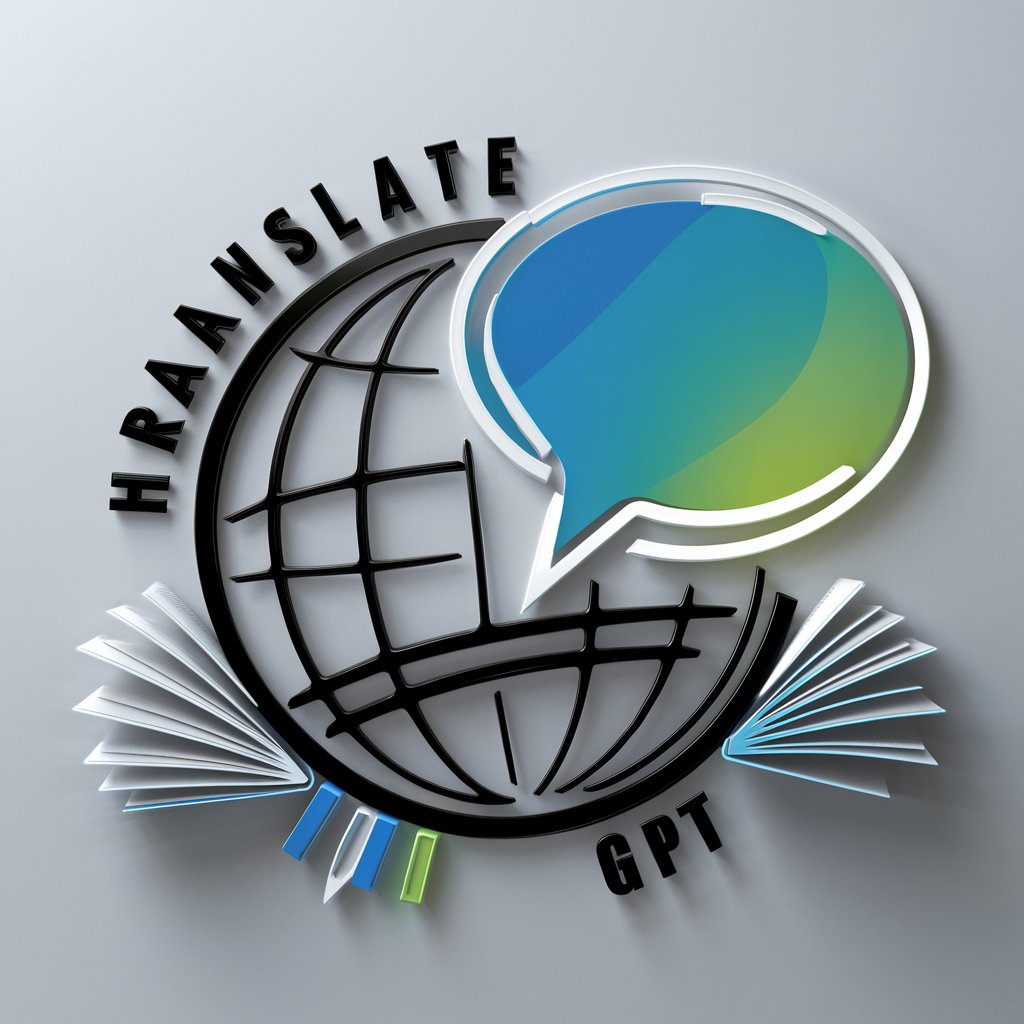
Preparedness
Empower your words with AI

Preparedness Pro
Empowering disaster readiness with AI
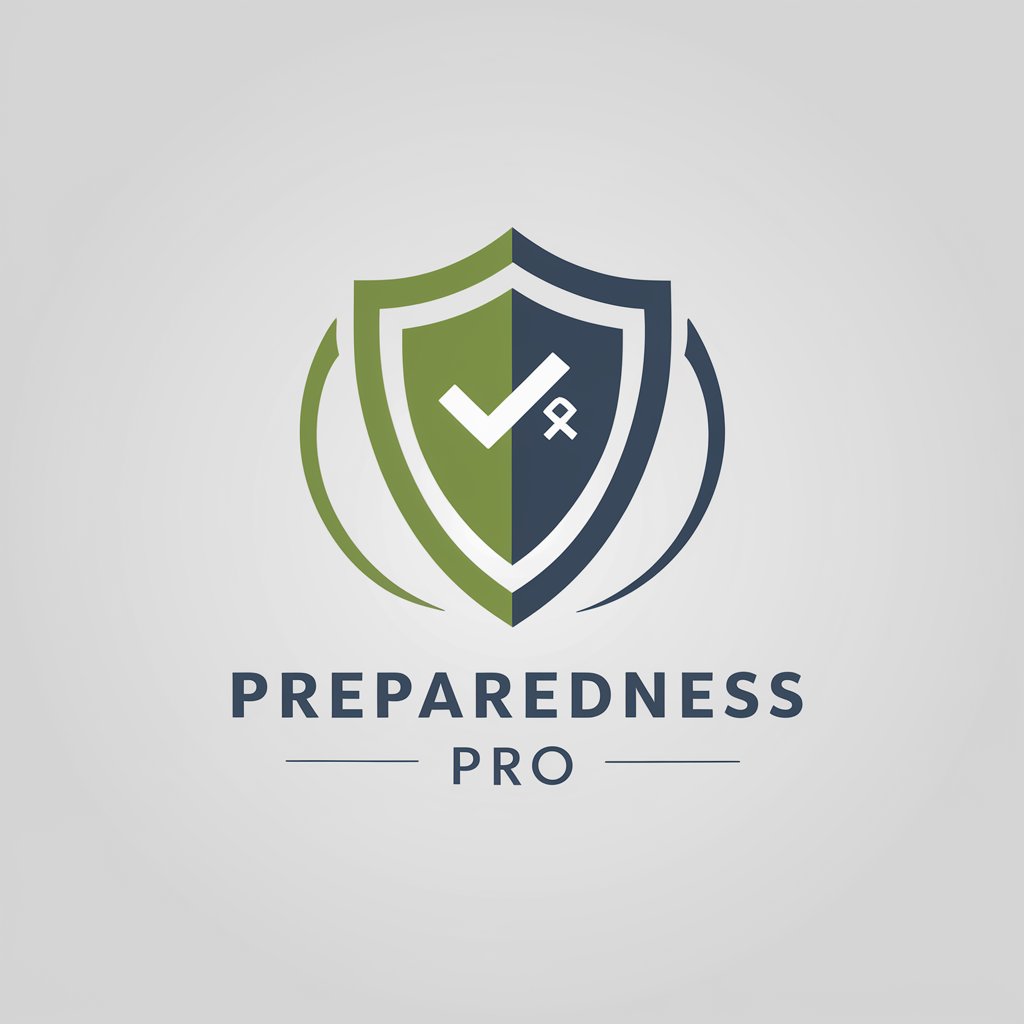
Emergency Preparedness Assistant
Stay Prepared with AI-Powered Assistance
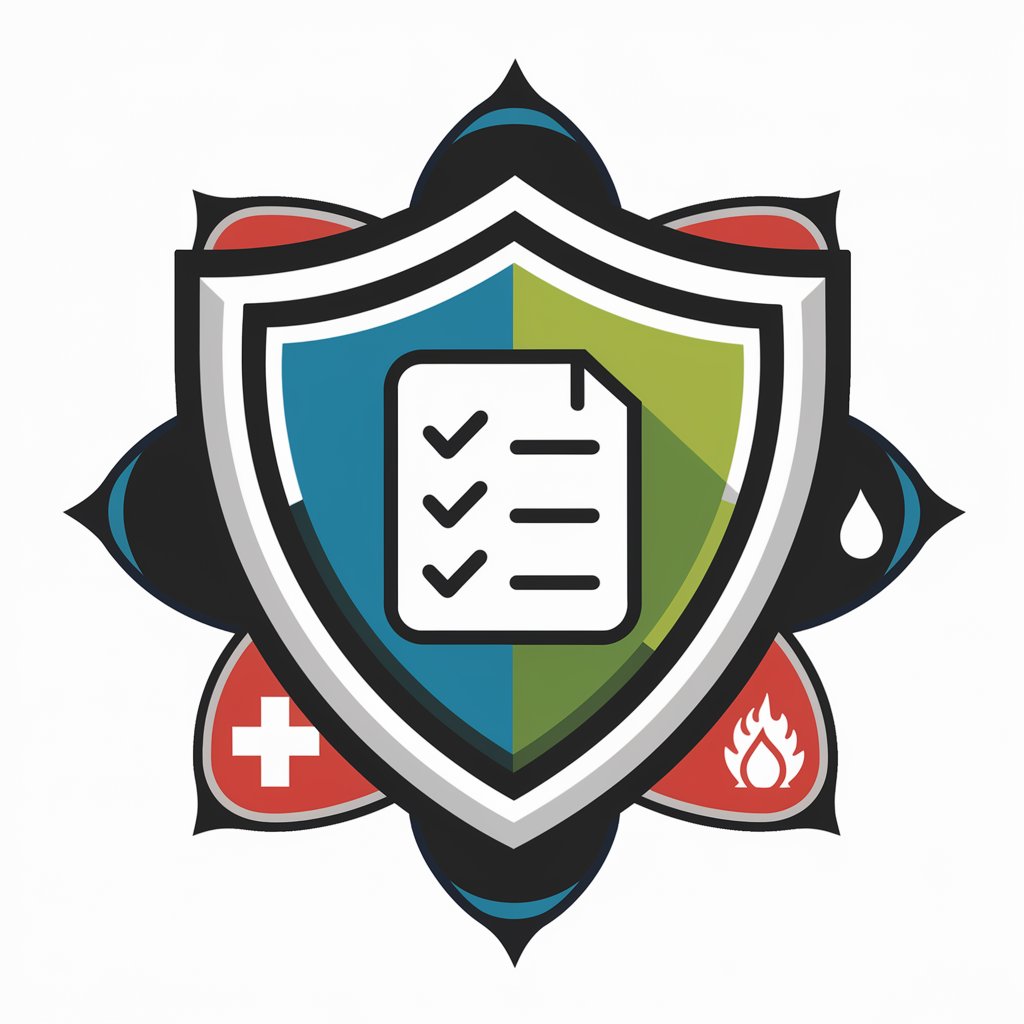
Emergency Preparedness GPT
Tailored AI-Powered Emergency Readiness

Frequently Asked Questions About Kanada
What is Kanada?
Kanada is an advanced conversational AI tool designed to understand and generate natural language responses. It helps users by providing information, answering questions, and assisting with text generation.
How does Kanada handle complex queries?
Kanada uses advanced algorithms to parse and understand the intricacies of complex queries. It provides detailed, logical, and contextually appropriate responses based on a wide range of data.
Can Kanada be used for educational purposes?
Absolutely. Kanada is an excellent resource for educational environments, offering support in areas like homework assistance, explaining scientific concepts, and enhancing learning through interactive engagement.
Is there a limit to the number of queries Kanada can handle?
Kanada is designed to handle a large volume of queries without any predefined limit. However, the performance might vary based on server load and other technical factors.
How can users ensure they get the best results from Kanada?
Users should provide clear, detailed, and specific queries to get the most accurate and relevant responses. Regularly updating how queries are phrased based on past interactions can also enhance the quality of results.
